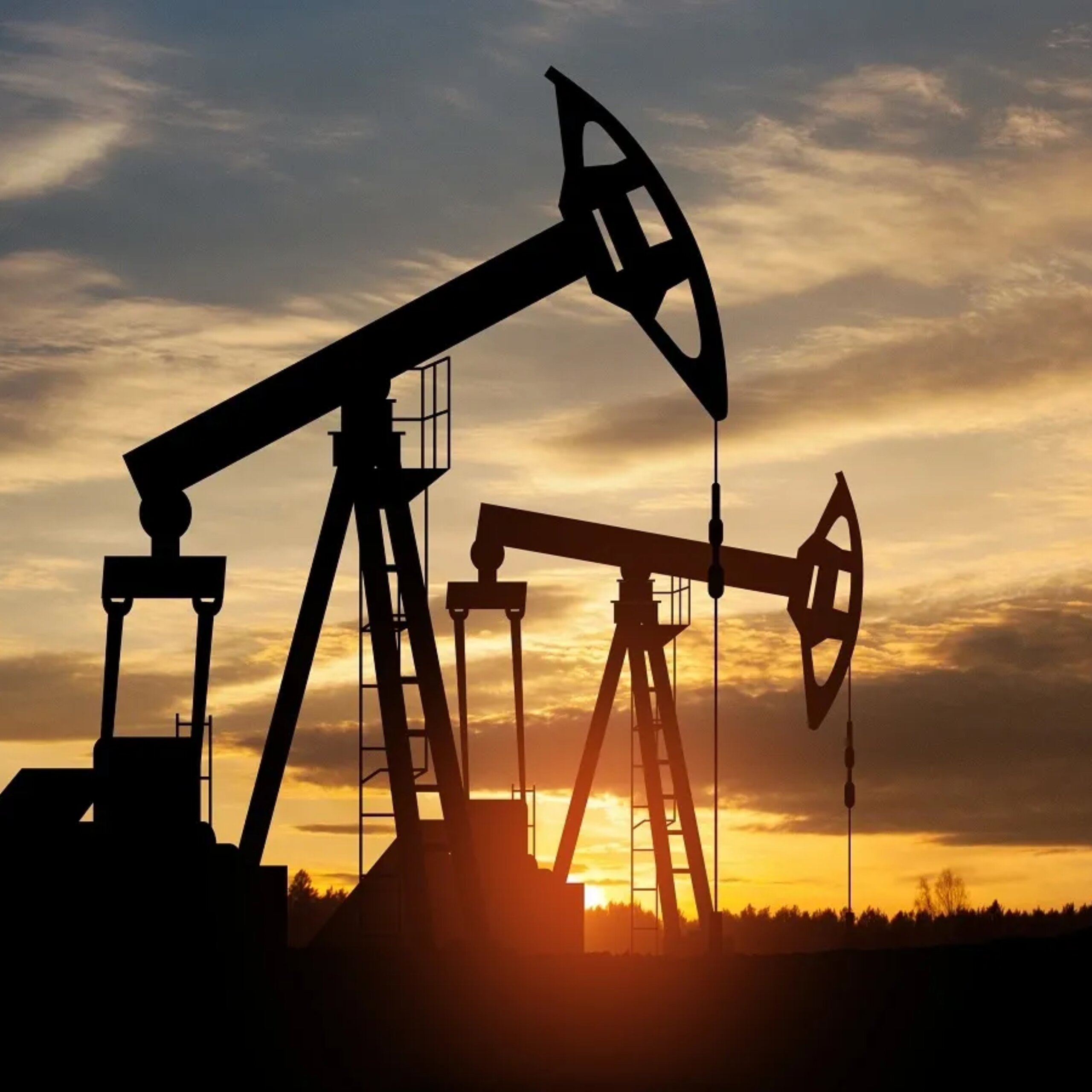Three Gulf sources informed Reuters of an ongoing lobby between the US and Gulf states to prevent an Israeli retaliation against Iran. Gulf states fear Israel’s response to Iran could debilitate oil reserves in the region. When proxies in Tehran respond to Israel’s retaliation, most neighboring states believe their oil sites will be compromised as collateral.
To avoid being caught in the crossfire, Gulf states are denying Israel permission to use their airspace for any attacks on Iran and have communicated this stance to Washington, according to three sources close to government circles. Israel has vowed to launch attacks on Iran, while Tehran stands firm that any retaliation will be met with widespread destruction in the region. These actions taken by the Gulf states follow a diplomatic effort by non-Arab Shi’ite Iran to encourage its Sunni Gulf counterparts to leverage their influence with Washington, amid increasing fears that Israel may target Iran’s oil production facilities.
Earlier this week, Iran alerted Saudi Arabia that it could not ensure the safety of the Gulf kingdom’s oil facilities if Israel received any support for carrying out an attack, according to a senior Iranian official and an Iranian diplomat who spoke to Reuters. Ali Shihabi, a Saudi analyst close to the Saudi royal court, said: “The Iranians have stated: ‘If the Gulf states open up their airspace to Israel, that would be an act of war’. But Saudi Arabia won’t allow anybody to use their airspace.”
The same Iranian diplomat stated that Tehran has “sent a clear message to Riyadh that its allies in countries such as Iraq or Yemen might respond if there was any regional support for Israel against Iran.” According to Gulf and Iranian sources, a potential Israel attack on Iran was the chief topic of conversation between Saudi Crown Prince Mohammed bin Salman and Iranian Foreign Minister Abbas Araqchi, who was on a Gulf tour to rally support.
The Iranian minister’s visit, coupled with communications between Saudi and American officials at the defense ministry level, forms part of a coordinated effort to tackle the crisis, according to a Gulf source close to government circles who spoke to Reuters.
A source in Washington familiar with the discussions confirmed that Gulf officials have reached out to their U.S. counterparts to express concerns regarding the potential extent of Israel’s anticipated retaliation. US President Joe Biden and Israeli Prime Minister Benjamin Netanyahu discussed the Israeli retaliation in a call on Wednesday, which both sides described as positive.
In recent years, and especially in recent weeks, Israel has been preparing for a direct attack by Iran.
Our defensive systems are deployed; we are ready for any scenario, both defensively and offensively. The State of Israel is strong. The IDF is strong. The public is strong. pic.twitter.com/ykeItV7ZRi
— Prime Minister of Israel (@IsraeliPM) April 13, 2024
In the case of an Israeli attack on Iranian oil sites, the Organization of Petroleum Exporting Countries, OPEC, which is de facto led by Saudi Arabia, confirmed sufficient oil supply barring Iran’s contributions. However, the majority of the spare capacity in question rests in Saudi Arabia. If the Kingdom is targeted in the crossfire between Iran and Israel, global oil supply is likely to get squeezed.
A Gulf source reiterated the status quo: “The Gulf states aren’t letting Israel use their airspace. They won’t allow Israeli missiles to pass through, and there’s also a hope that they won’t strike the oil facilities.” The three Gulf sources stressed that an Israeli attack on Iran’s oil infrastructure would have global repercussions, especially for China, which is Iran’s largest oil importer. These escalations could hamper Kamala Harris’ stride ahead of the November 5 presidential election.
“If oil prices surge to $120 per barrel, it would harm both the US economy and Harris’ chances in the election. So they (Americans) won’t allow the oil war to expand,” the first Gulf source speculated.





